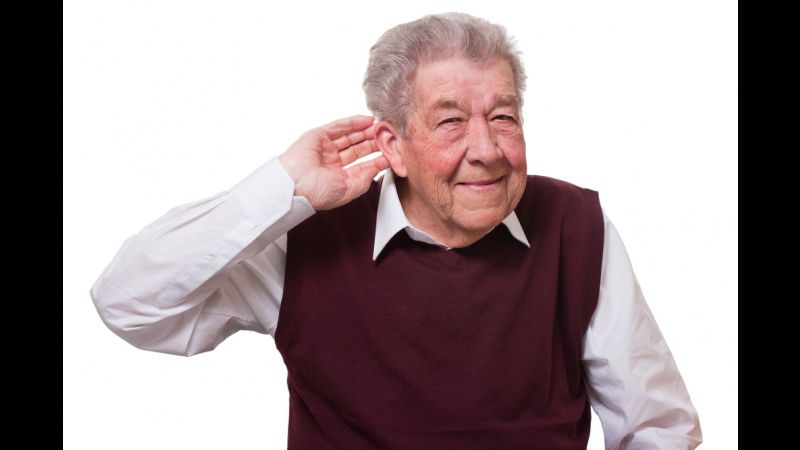Hearing loss is a common part of the aging process for many adults. Unless you are actually experiencing it, you may not realize just how isolating it can be. When your hearing declines, it can impact every part of your life, whether you’re straining to participate in conversations, missing crucial instructions from your doctor or maxing out the volume on your television. You might even feel embarrassed at missing phone calls, asking friends to repeat themselves or appearing disconnected from conversations. But you have nothing to be ashamed of.
According to the National Institute of Health, hearing loss is the single most common condition impacting seniors. Roughly 17% of American adults have reported to some hearing loss as they age. That’s nearly 36 million Americans! In other words, you are not alone.
Listen Up!
Hearing loss can occur either suddenly or gradually, according to the National Institute on Deafness and Other Communication Disorders (NIDCD). It can happen for a number of different reasons, including genetic predisposition, prolonged exposure to loud noise or as a symptom of a more troubling condition such as a viral infection, heart condition or tumor. The first two causes are more common but whatever it’s root, hearing loss must be addressed promptly.
This is why it’s so important to understand that your experience is shared by many other adults your age. If you think you might be experiencing hearing loss, don’t try to hide it. Get help!
Speak Up!
The first thing you need to do is seek a diagnosis. The NIDCD advises that you have a few options. You could begin with your general practitioner. This is a good option if you are experiencing an array of broader symptoms that may hint at a more serious underlying condition. If you feel pretty certain that your hearing loss is chronic (for instance, if you worked on a construction site for 40 years), you could go straight to a specialist like an audiologist or an otolaryngologist. The latter of these is a physician who specializes in diagnosing and treating diseases of the ear, nose, and throat.
Whoever you decide to see, the sooner the better. Even if it doesn’t point to a more worrisome health concern, hearing loss is a serious condition with serious consequences to both your physical and emotional wellbeing. MedicineNet warns that, left untreated, hearing loss is likely only to worsen. Although hearing loss can be treated in some cases, it can’t be recovered.
Lend Me Your Ear
This is why you need to share your problem with friends, family and physicians. Treatment such as the use of a hearing aid or a cochlear implant could make a world of difference. So too can the support of your loved ones. Make sure they know what you’re going through. You might be surprised at how easy it for friends and family to speak up, make eye contact in conversations, avoid congregating in places with too much background noise or to accommodate your needs in general.
Your friends, family and doctors are there to help but they can’t do it if you stay quiet about your hearing loss.

